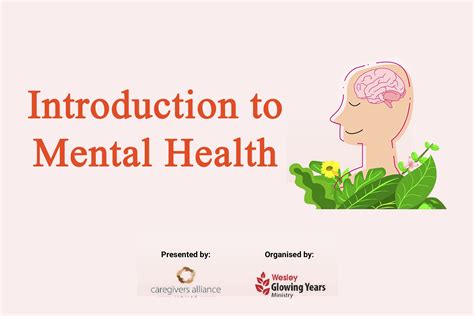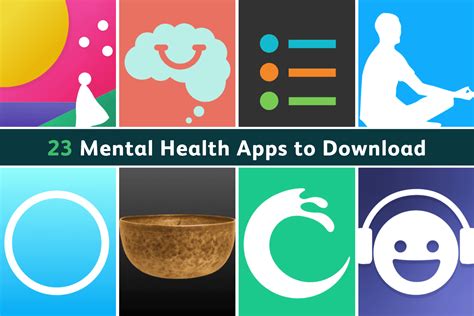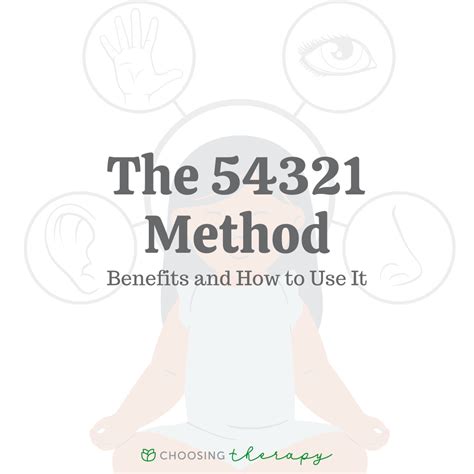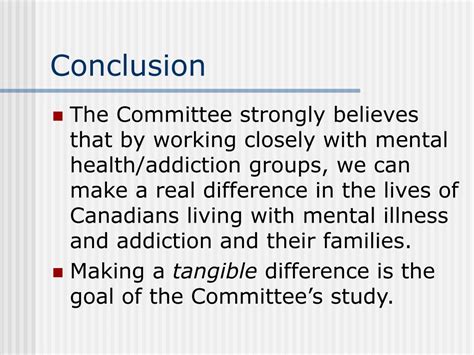Intro
Discover top 5 mental health apps, featuring stress management tools, mood trackers, and therapy sessions, to improve mental wellbeing and reduce anxiety with personalized self-care strategies and emotional support.
Mental health has become an increasingly important topic in recent years, and for good reason. The stigma surrounding mental health issues is slowly being broken down, and people are starting to realize the importance of taking care of their mental wellbeing. With the rise of technology, mental health apps have become a popular way to access resources and support for mental health. These apps can provide a range of tools and services, from mood tracking and meditation to therapy sessions and community support. In this article, we will explore five mental health apps that are making a positive impact on people's lives.
The importance of mental health cannot be overstated. Mental health issues can affect anyone, regardless of their background or circumstances. They can have a significant impact on a person's quality of life, relationships, and overall wellbeing. By providing accessible and convenient resources, mental health apps can help people take control of their mental health and improve their overall wellbeing. Whether you're looking for stress management techniques, anxiety support, or simply a way to track your mood, there's an app out there that can help.
Mental health apps are particularly useful for people who may not have access to traditional therapy or support services. They can provide a sense of community and connection, which is essential for mental health. Many apps also offer personalized recommendations and tailored support, which can be incredibly helpful for people who are struggling with specific issues. With the rise of mental health apps, it's never been easier to take control of your mental health and start feeling better.
Introduction to Mental Health Apps

How Mental Health Apps Work
Mental health apps typically work by providing users with a range of tools and resources to help them manage their mental health. This can include mood tracking, meditation, and therapy sessions, as well as access to community support and personalized recommendations. Many apps also offer tailored support, which can be incredibly helpful for people who are struggling with specific issues. By using a mental health app, people can start to understand their mental health better and develop strategies to improve their wellbeing.5 Mental Health Apps to Consider

- Calm: Calm is a meditation and relaxation app that offers guided meditation sessions, sleep stories, and relaxing music. It's perfect for people who are looking for ways to manage stress and anxiety.
- Headspace: Headspace is a meditation app that offers personalized meditation sessions and tracking features. It's great for people who are new to meditation and want to develop a regular practice.
- Moodfit: Moodfit is a mood tracking app that allows users to track their emotions and identify patterns. It's perfect for people who want to understand their mental health better and develop strategies to improve their wellbeing.
- Talkspace: Talkspace is an online therapy app that offers access to licensed therapists and personalized support. It's great for people who are looking for convenient and affordable therapy options.
- Happify: Happify is a mental health app that offers games, meditations, and activities to help users manage stress and anxiety. It's perfect for people who are looking for fun and engaging ways to improve their mental health.
Benefits of Mental Health Apps
Mental health apps offer a range of benefits, from convenience and accessibility to personalized support and community connection. They can be particularly helpful for people who may not have access to traditional therapy or support services. By using a mental health app, people can take control of their mental health and start feeling better. Some of the benefits of mental health apps include:- Convenience: Mental health apps are available 24/7, making it easy to access support and resources whenever you need them.
- Accessibility: Mental health apps can be accessed from anywhere, making them perfect for people who may not have access to traditional therapy or support services.
- Personalized support: Many mental health apps offer personalized recommendations and tailored support, which can be incredibly helpful for people who are struggling with specific issues.
- Community connection: Mental health apps can provide a sense of community and connection, which is essential for mental health.
How to Choose a Mental Health App

- Identify your needs: Think about what you're looking for in a mental health app. Do you want to manage stress and anxiety, or are you looking for therapy sessions?
- Read reviews: Check out reviews from other users to get a sense of the app's effectiveness and user experience.
- Consider the features: Think about the features that are important to you, such as mood tracking, meditation, or community support.
- Check the credentials: Make sure the app is developed by a reputable company and offers credible support and resources.
Common Features of Mental Health Apps
Mental health apps often offer a range of features, from mood tracking and meditation to therapy sessions and community support. Some common features of mental health apps include:- Mood tracking: Many mental health apps offer mood tracking features, which allow users to track their emotions and identify patterns.
- Meditation: Meditation is a popular feature of many mental health apps, offering guided sessions and relaxing music.
- Therapy sessions: Some mental health apps offer access to licensed therapists and personalized support.
- Community support: Mental health apps can provide a sense of community and connection, which is essential for mental health.
Conclusion and Final Thoughts

Mental health is an important aspect of our overall wellbeing, and it's essential to take care of it. By using a mental health app, people can start to understand their mental health better and develop strategies to improve their wellbeing. Don't be afraid to reach out for support, and remember that you're not alone. With the right tools and resources, you can take control of your mental health and start feeling better.
If you're interested in learning more about mental health apps or have any questions, please don't hesitate to comment below. We'd love to hear from you and provide any additional information or support that you may need. Additionally, if you've found this article helpful, please consider sharing it with others who may benefit from the information.
What are mental health apps?
+Mental health apps are digital tools that provide support and resources for people who are struggling with mental health issues. They can offer a range of features, from mood tracking and meditation to therapy sessions and community support.
How do mental health apps work?
+Mental health apps typically work by providing users with a range of tools and resources to help them manage their mental health. This can include mood tracking, meditation, and therapy sessions, as well as access to community support and personalized recommendations.
What are the benefits of mental health apps?
+Mental health apps offer a range of benefits, from convenience and accessibility to personalized support and community connection. They can be particularly helpful for people who may not have access to traditional therapy or support services.
How do I choose a mental health app?
+When choosing a mental health app, consider your needs, read reviews, and think about the features that are important to you. Make sure the app is developed by a reputable company and offers credible support and resources.
Are mental health apps effective?
+Yes, mental health apps can be an effective way to manage mental health. They provide accessible and convenient resources, which can help people develop healthy habits and improve their overall wellbeing.
